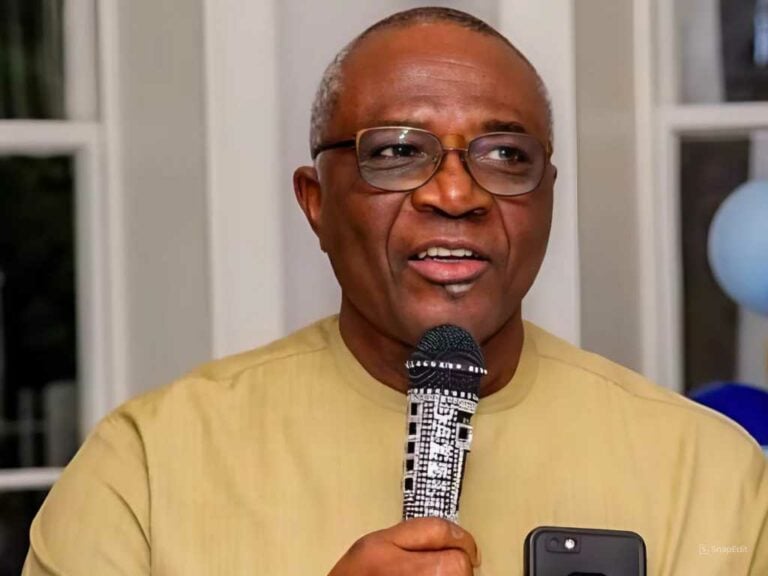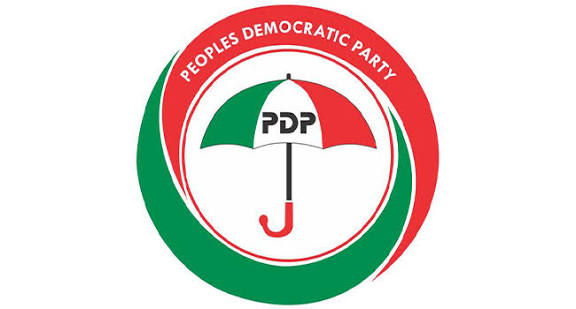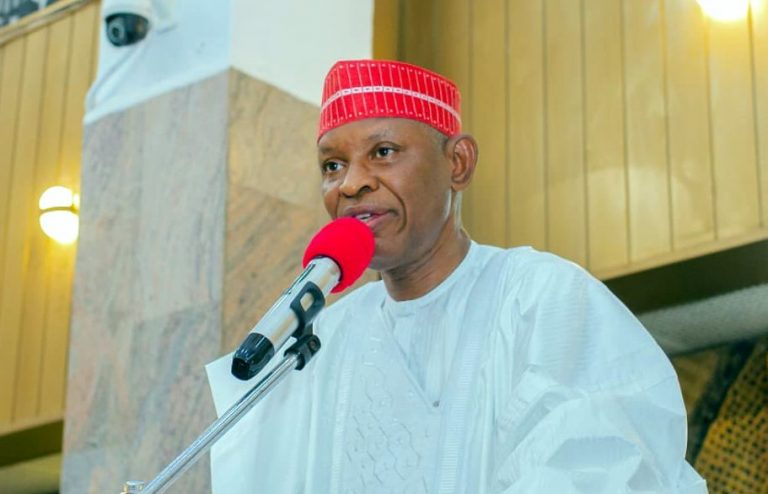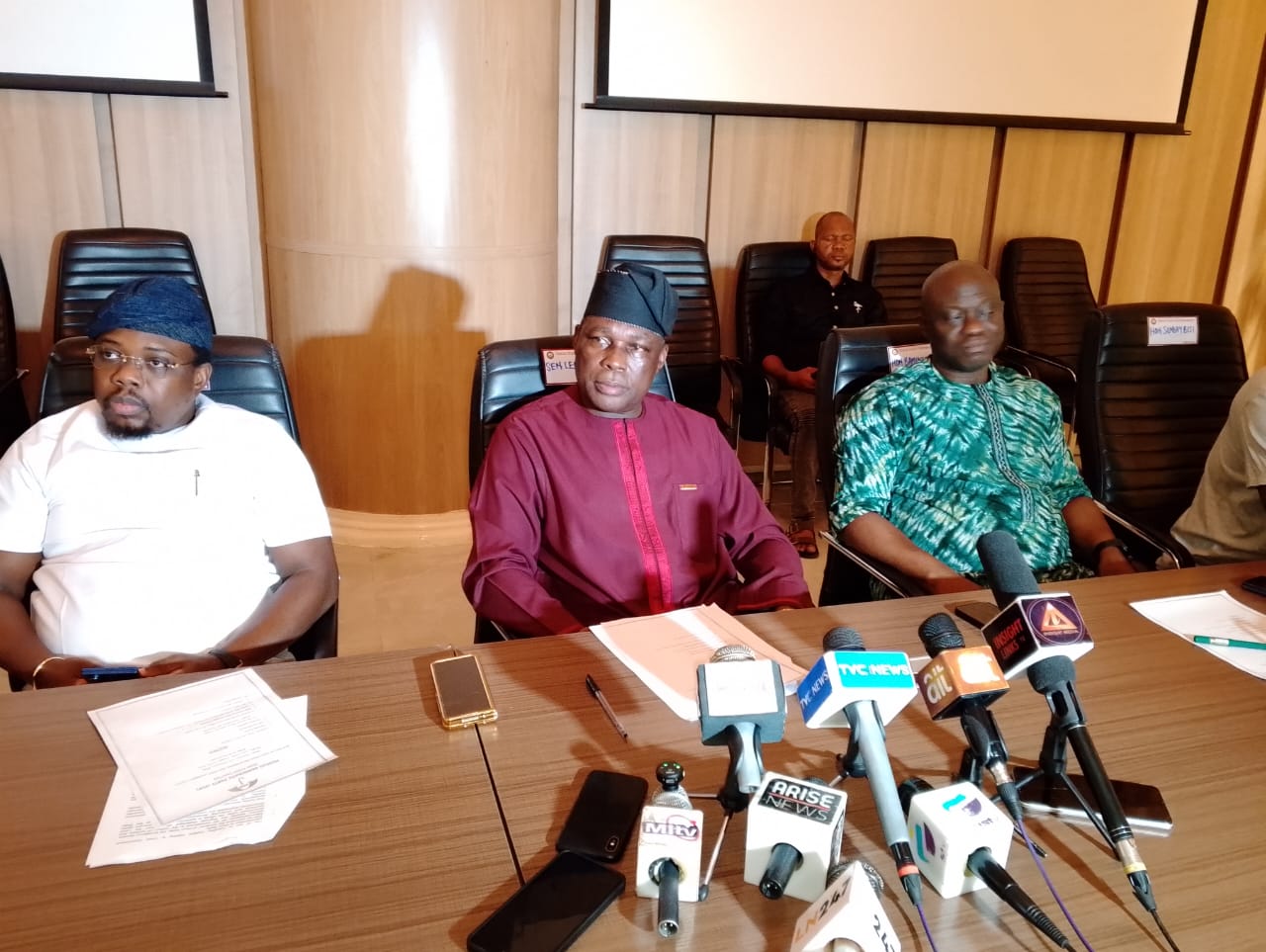Niger, a large and arid country in West Africa has a history of coups and attempted coups since its independence from France in 1960.
In 1974, Lieutenant Colonel Seyni Kountche leads a military coup, ending Hamani Diori’s 14-year rule, suspending the constitution and dissolving the parliament. Kountche forms the Supreme Military Council (SMC) which takes control of government affairs.
In 1996, Army officers stage a coup overthrowing President Mahamane Ousmane and Prime Minister Hama Amadou, saying a political deadlock had threatened economic reforms. Lieutenant Colonel Ibrahim Bare Mainassara becomes the country’s leader, saying the aim of the coup was to allow a new start and not to end multiparty democracy.
Three years later, Mainassara is killed by dissident soldiers in an ambush at Niamey airport in 1999, paving the way for a third coup. Daouda Malam Wanke, the commander of the presidential guard, takes power before announcing that there will be an elected president and a return to civilian rule by 2000. Mamadou Tandja wins Niger’s presidential election, defeating Mahamadou Issoufou, a former prime minister.
Then in 2010, Tandja is ousted by a military junta led by Major Salou Djibo, after he tried to extend his rule beyond his constitutional limit. The junta forms the Supreme Council for the Restoration of Democracy (CSRD) which pledges to restore democracy within a year. Issoufou wins Niger’s presidential election in 2011.
Interestingly in 2021, a military unit tries to seize the presidential palace days before Bazoum, who had just been elected, was due to be sworn in. The attempt is foiled by loyalist forces and Bazoum takes office as Niger’s first democratically elected president to succeed another democratically elected president.
Now in 2023, Bazoum is overthrown by a group of soldiers from the presidential guard who form the National Committee for the Restoration of Democracy and Security (CNRDS) led by General Tchiani. The coup leaders say they want to end the regime that Nigeriens know due to the deteriorating security situation and bad governance.
The coup leaders, who call themselves the National Committee for the Restoration of Democracy and Security (CNRDS), have declared a new government led by General Abdourahmane Tiani, and have detained President Bazoum and his family. They have also closed the country’s airspace, suspended the constitution, and dissolved the parliament and the constitutional court.
The coup has been widely condemned by the international community, especially by the regional bloc of the Economic Community of West African States (ECOWAS), which has imposed sanctions on Niger and threatened to intervene militarily if the junta does not restore constitutional order and release President Bazoum.
The African Union (AU) has also rejected the coup and suspended Niger from its decision-making bodies. Other countries, such as France, the United States, Germany, and Nigeria, have also expressed their concern and called for a peaceful resolution of the crisis.
Interestingly, the leader of the coup that overthrew President Mohamed Bazoum on July 26, 2023, is General Abdourahmane Tchiani, who was the commander of the presidential guard. He is also known as “the butcher” for his role in suppressing protests and dissent during Bazoum’s rule. He has not been directly involved in any previous coups, but he is a close ally of former President Mahamadou Issoufou, who was ousted by a military junta in 2010.
Secondly, the spokesperson of the coup group, Colonel Amadou Abdramane, is also a member of the presidential guard and a loyalist of Issoufou. He has also not participated in any previous coups, but he has been accused of human rights violations and corruption by civil society groups and opposition parties.
The chief of staff of the coup group, Major Moussa Salou, is a veteran soldier who has fought against Islamist insurgents in the Sahel region. He has been involved in two previous coups: the 1999 coup that killed President Ibrahim Bare Mainassara and the 2010 coup that toppled President Mamadou Tandja. He is regarded as a hero by some Nigeriens for his bravery and patriotism.
These are the main figures behind the current coup in Niger, they have different backgrounds and motivations, but they share a common distrust of Bazoum and his government, which they accuse of being incompetent, corrupt, and authoritarian. They also claim to have some popular support, as evidenced by a rally held in Niamey on August 13, 2023, where thousands of people cheered for the coup leaders.
However, the junta has shown little willingness to cooperate with ECOWAS and AU, and has rejected most of their demands.
The junta has also accused President Bazoum of high treason and undermining internal and external security, and has said it intends to prosecute him. The junta has also proposed a three-year transition plan, which ECOWAS has deemed unacceptable and too long. The junta has also claimed to have some popular support, as evidenced by a rally held in Niamey on August 13, 2023, where thousands of people cheered for the coup leaders.
The situation in Niger is delicate and complex, and poses significant challenges and risks for both the junta and ECOWAS. On one hand, the junta faces international isolation and pressure, as well as possible resistance from some segments of the Nigerien population who support President Bazoum and his party.
The junta also faces security threats from Islamist militants and other armed groups that operate in Niger and the Sahel region, which could exploit the political vacuum or target ECOWAS forces.
On the other hand, ECOWAS faces a diplomatic deadlock and a potential backlash from Nigeriens who may perceive its intervention as interfering in their internal affairs or imposing foreign interests. ECOWAS also faces competing interests or agendas among different actors, such as Russia, which has reportedly expressed its support for the junta.
Therefore, it is imperative that both sides engage in dialogue and find a compromise that would satisfy both parties and respect Niger’s sovereignty and aspirations. A peaceful resolution of the crisis would be the best outcome for Niger and the region, as it would avoid bloodshed and instability, and preserve the gains of democracy and development.
A possible way forward could be to agree on a shorter and inclusive transition that would lead to free and fair elections under international supervision. The junta should also release President Bazoum and his family, as well as other political prisoners, and respect human rights. ECOWAS should also be flexible and respectful of Niger’s specificities, and lift its sanctions gradually as confidence-building measures.
The AU and the rest of the world should play a supportive role in facilitating dialogue and mediation between the junta and ECOWAS, as well as providing humanitarian assistance to Nigeriens who may be affected by the crisis. The AU should also uphold its principles of democracy and human rights, and ensure that any transition is consistent with its Charter on Democracy, Elections and Governance. The rest of the world should also respect Niger’s sovereignty and refrain from any actions that could undermine or complicate the resolution of the crisis.
Niger is a key ally in the fight against Islamist militants in the Sahel region, hosting French and US military bases. It is also rich in uranium but has a very low human development index. It has a history of political instability and coups since its independence from France in 1960. It deserves peace, stability, democracy, and development. The coup crisis is an opportunity for Nigeriens to reaffirm their commitment to these values, with the help of their regional and international partners.
Sola Isola writes from Osogbo, Osun State
Advertisement






